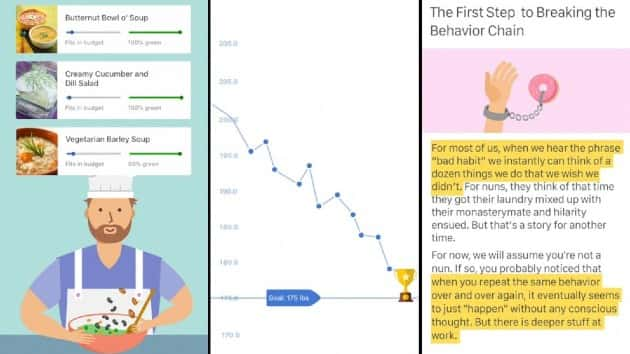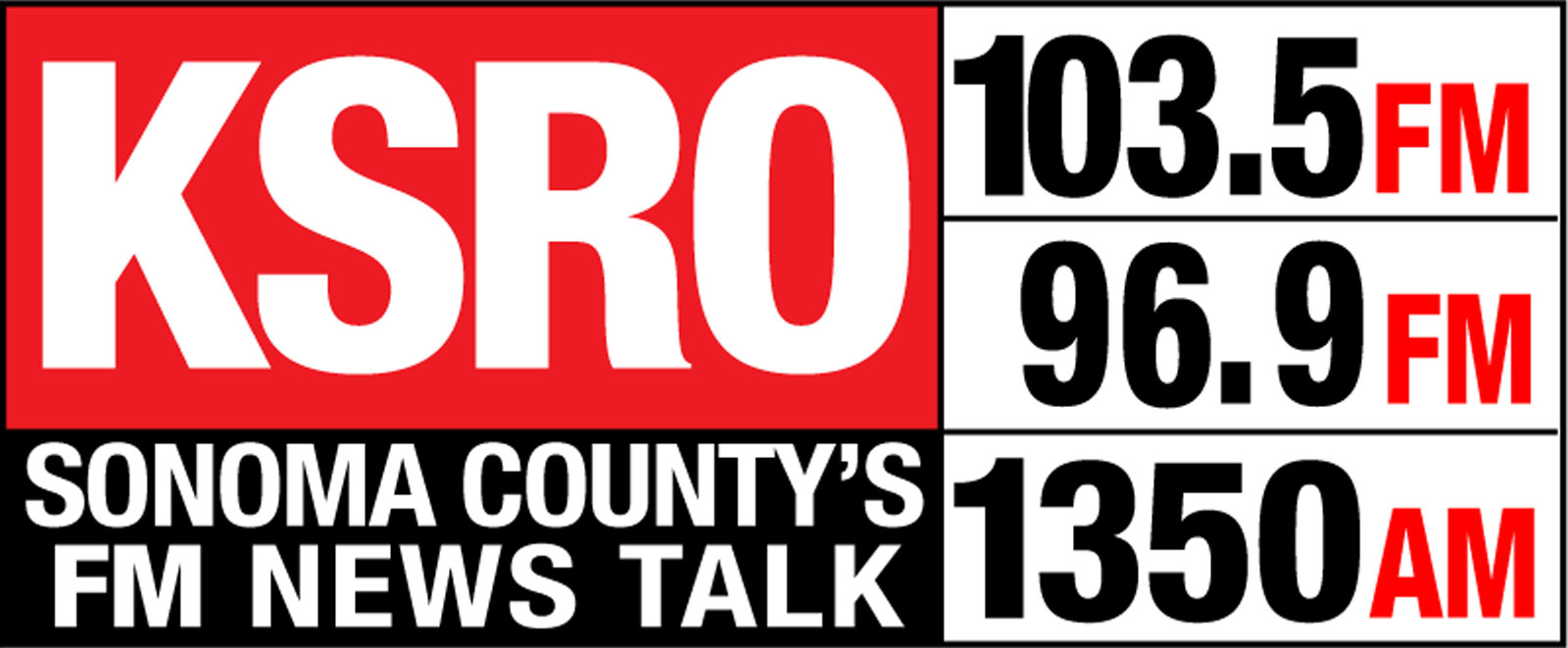
Noom
NoomBy SANDRA TEMKO and ANGELINE JANE BERNABE, ABC News
(NEW YORK) — Free trial subscription services can be helpful when trying out an app, but some customers of the popular diet app Noom, which offers a free trial period, have complained about receiving unexpected charges.
On Wednesday, the Better Business Bureau — which has received more than 1,200 complaints in the past 12 months from customers alleging that the company offers misleading free trials and that subscriptions are difficult to cancel after free trials are complete — issued a warning to consumers about Noom.
During the pandemic, many have turned to Noom and other weight loss programs to try to improve their health. Noom has gained more than 50 million downloads and has claimed to help consumers lose weight through healthier habits.
However, between Aug. 6, 2019 and Aug. 6, 2020, the Better Business Bureau received 1,185 consumer complaints.
According to a statement from the BBB, “consumers reportedly try to cancel the trial offer before it ends but still end up being billed for the subscriptions.”
After a free trial, the BBB says consumers were led to believe that the cost of a monthly membership was between $20 and $40, but instead discovered they were “charged for several months upfront upon the free trial’s end,” with charges from $120 to $180 or more.
On top of that, customers have complained to the bureau that it’s reportedly difficult to get in contact with Noom’s customer service to request refunds.
“Consumers are consistently telling us that they have difficulty contacting Noom’s customer service in order to get a refund,” Claire Rosenweig, president of Better Business Bureau in New York, told ABC News’ Good Morning America.
Lisa Wolfe, a public relations executive from Chicago, says she tried to cancel Noom multiple times after deciding it wasn’t for her. She said it was “almost impossible.”
Wolfe said she was charged almost $400 in subscription fees over six months. In June, after she couldn’t get a hold of customer service, she tweeted a complaint to the company.
She said that was when the company gave her a full refund.
In response to these complaints, Noom CEO and co-founder Saeju Jeong said in a written statement, “While the complaints on BBB represent less than 0.03% of the millions of customers who have signed up with Noom in the last 3 years, we take each one very seriously. Our top priority is to always ensure our customers have the best possible experience with Noom. This holds true no matter where they are in the program—including if Noom is not the right fit for them at any point along their journey.”
“Like many industry-leading fitness and wellness companies, we sell multi-month membership packages, and we state clearly and in advance the full charges that customers can expect to be billed for that membership if they decide that Noom is right for them,” Jeong added. “We are very accommodating with refund requests, even with those who cancel and request a refund shortly after the trial period has passed. Customers can cancel at any time, no questions asked, either by messaging their coach in the app or emailing our support team.”
Still, due to the high volume of complaints received in the past year, the BBB has given Noom a “D” rating and is urging consumers to be wary about signing up for free trial offers.
Here are some tips to follow before you sign up for a free trial:
1. Fully understand all the terms and conditions
The Better Business Bureau warns of “subscription traps” that “hook customers into paying for expensive products or services that they did not intend or agree to buy.” So before signing up, the bureau advises to see what the terms say and if it takes payments from your credit card until you cancel.
2. Determine your fitness goals and check the details
Everyone knows how hard it is to lose weight. To make sure you find a program that aligns with your weight loss goals, the BBB suggests finding a program that you enjoy with goals that seem reasonable and “understand how the product or service is supposed to work.”
3. Be wary of ‘overpromises’ in advertisements and customer testimonials
The BBB pointed out how some programs promise unrealistic results. According to the Centers for Disease Control and Prevention, evidence suggests that healthy weight loss goals are 1 to 2 pounds a week. It’s also not about a “diet” or “program,” but healthy, long-term healthy habits and changes, according to the CDC.
4. Report concerns
If you come across an ad for a weight loss program or product that feels like it’s overpromising, the BBB says to report it, contact your BBB and file a report with the Federal Trade Commission.
Research the company on BBB’s website before purchasing
If you still need more info on a product or company before purchasing or subscribing, the BBB suggests you check their website to see what people have to say and if there have been any complaints.
Copyright © 2020, ABC Audio. All rights reserved.

